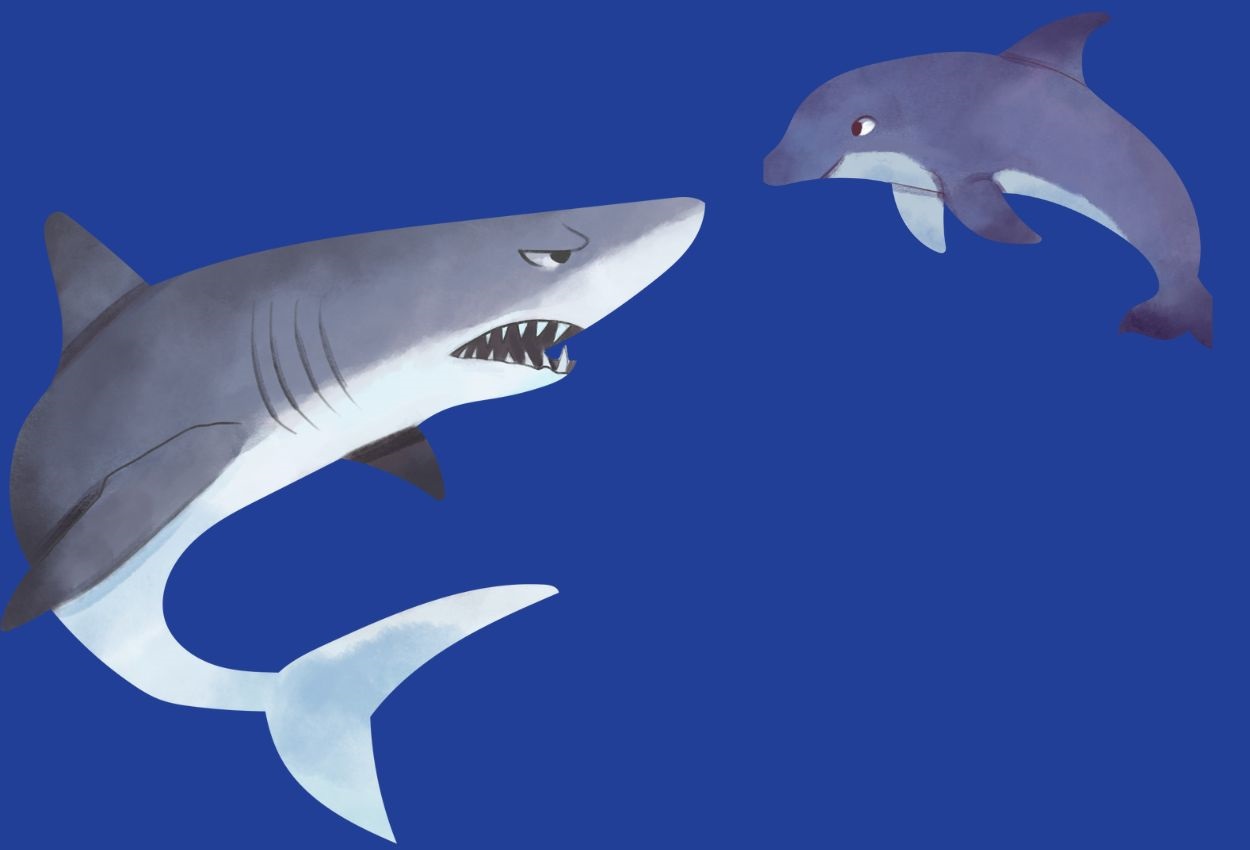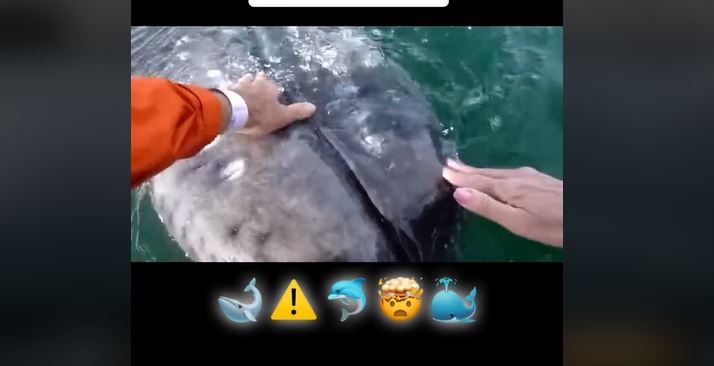news
Megalodon Dolphin Real or Fake?
The Megalodon Shark was one of the largest predators that ever lived in the ocean before it went extinct.

A Megalodon Shark is real but has gone into extinction, and there is nothing like a Megalodon Dolphin.
Megalodon dolphin or Megalodon dolphinian are said to be the offspring of a sperm whale and a dolphin, and anyone who pats the whale will live forever. But that is not the case; do not believe it.

There is no such thing as a Megalodon dolphinian, only a Megalodon Shark.
The Megalodon Shark was one of the largest predators that ever lived in the ocean before it went extinct.
Megalodon was found from the Netherlands to New Zealand.
And it was at the top of its game as the ocean’s apex predator for over 10 million years until it went extinct 2.6 million years ago.
Because of its large serrated teeth, Megalodon is known to have likely fed on whales, dolphins, seals, and other large fish.
What happened to the Megalodon shark?
Well, it turns out that while Megalodon was the largest shark ever to swim, it was eventually defeated by the greatest.
Megalodon was the largest and scariest shark in a family of large and frightening sharks.
It is a member of the Lamniformes order of sharks, which also includes sand tigers, goblins, threshers, and the Great White.
When Megalodon was first described in 1835, scientists thought its big, serrated, blade-like teeth looked so similar to those of the great white that Megalodon was initially classified as a member of the same family.
However, based on features around the base of its massive teeth, most experts believe it belonged to a separate family called Otodontidae, also known as the Mega-Toothed sharks.
Now, Otodus obliquus, a shark that lived in the Early Eocene, nearly 20 million years before Megalodon, was one of the oldest and smallest of the Megatooths that gave rise to Megalodon.
And while some scientists believe Megalodon belonged to the same genus, Otodus, others believe it belonged to a different extinct shark genus called Carcharocles.
Megalodon was the largest of the Megatooths and first appeared in the fossil record about 23 million years ago.
Why Megalodon Went Extinct?
We know that the megalodon was extinct by the end of the Pliocene (2.6 million years ago) when the planet began to cool.
The precise date of the last megalodon’s death is unknown, but new evidence suggests that it occurred at least 3.6 million years ago.
Scientists believe they went extinct as temperatures cooled and the number of organisms at the bottom of the food chain decreased, causing the predators at the top to suffer.
Since the adult sharks were reliant on tropical waters, a significant loss of habitat was probably caused by the drop in ocean temperatures.
The megalodon’s prey might have gone extinct as a result, or they might have adapted to the cooler waters and moved to an area where the sharks could not follow.
According to the National History Museum, Megalodon is also thought to have given birth near the shore. These shallow coastal waters would have served as a nursery for the pups, shielding them from predators lurking in the open water, such as larger-toothed whales. These breeding grounds would have been destroyed as ice formed at the poles and sea levels dropped.
Also, reports show that the megalodon’s demise may have been exacerbated by food competition with great white sharks. Studies of fossilized megalodon and great white teeth show that their diets overlapped.


